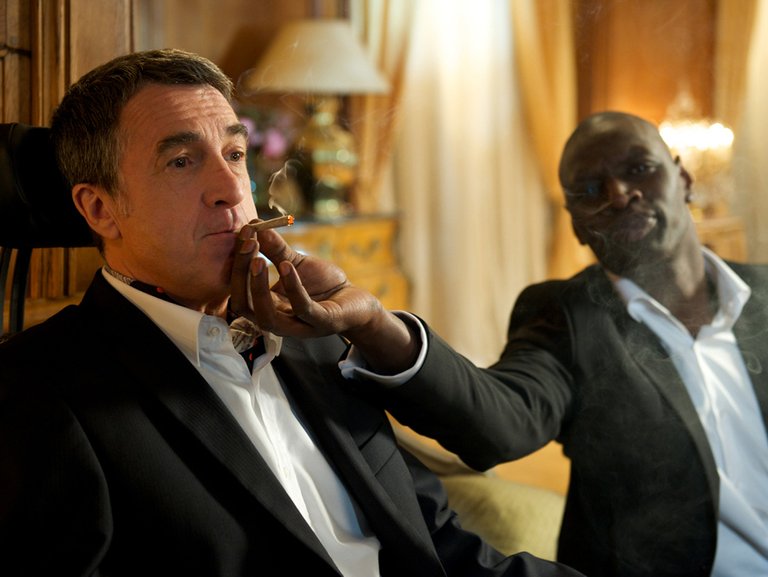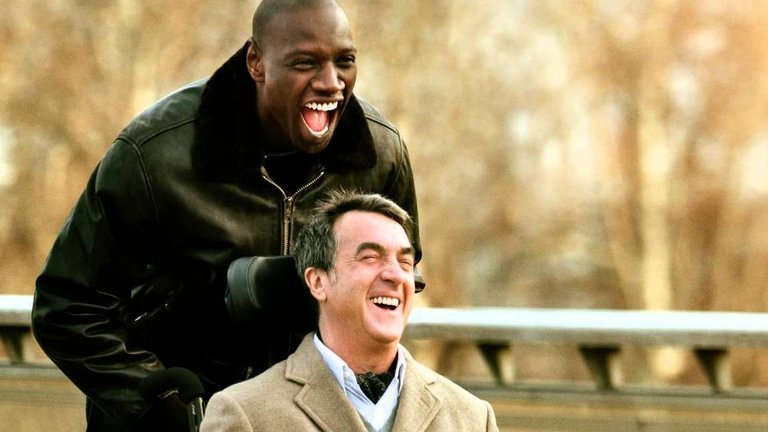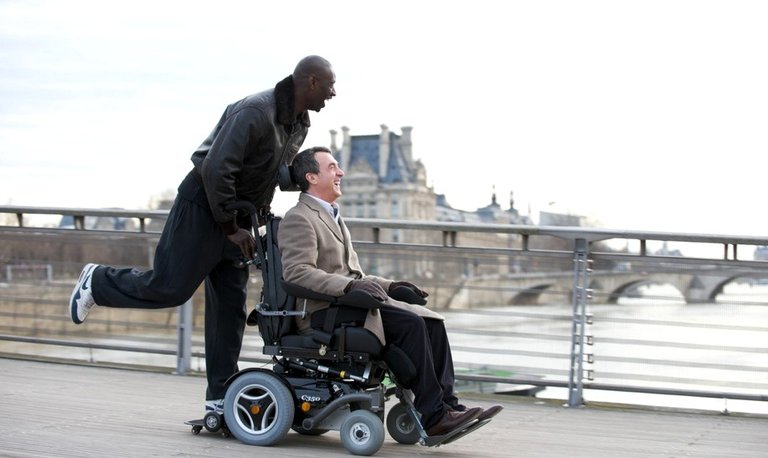At one moment a person enters your life, and you discover with him that there is a side of the world that you do not know anything about, and you discover another way to live life instead of it living you, and the most beautiful thing is that you love that, and that that person is affected by your life as well, creating with this combination an infinite life experience. Forget, and perhaps you will be changed forever.
Many works highlighted the theme of comedy of contradictions and the resulting funny paradoxes created by the marriage of two different lives of two completely different people.
We saw this in Bernard Shaw's "My Fair Lady" and how the poor girl "Eliza" entered the organized world of the aristocratic doctor to turn it upside down. The theme was repeated on the Arab level in the movie "Soft Hands" about the story of Tawfiq al-Hakim, by highlighting the contradiction between the unemployed aristocrat and the poor language doctor while... This theme came in its simplest and lightest form with “Bakiza and Zaghloul”.
Why did "The Intouchables" become a phenomenon?
Why did the movie “The Intouchables,” which means “The Untouchables,” turn into a phenomenon despite the unpromising name, which you might think of as a tragedy similar to Victor Hugo’s “Les Misérables?” Perhaps because it is a true movie about our reality, and those details that give life meaning. It is a human hymn in a brutal time. Madi became austere due to running after matter, his skin became sore and his feelings were worn out until he started running after the closest thing to the meaning of real life, like the land thirsty for the merciful flows of water.
Perhaps the biggest feature of the film is that it is free of “clichés.” You will not find in it any judgments such as “wealth is the richness of the soul” or “money is not everything,” but it makes you see for yourself that happiness comes to those who truly want it.
The movie "The Intouchables" is a simple French comedy, like daylight filtering into your face through the windows of your room on a bright morning, starring ably by François Cluzet and Omar Sy.
The film explains the problem of class in France, which is an eternal problem in all our societies, but it talks in particular about that class that does not arise from poverty and wealth, or high education and another lowly, or only one high culture and another low, but rather it combines all of that, by monitoring the negative outlook. Towards African and Arab immigrants who live in poor neighborhoods and combine all the previous forms of poverty and destitution.
The film simply tries to put you in front of that image to see the falsity of the customs that differentiate between people on the basis of color, education, or social status, as a message to change the European superiority view towards immigrants. It also refutes the popular traditional ideas about black and Arab immigrants that are exploited in French and European political discourse in general.
Happiness enters Philip's world thanks to his brown servant, Idris, a prison graduate who lives in a neighborhood that speaks of all forms of marginalization and filth. The role was brilliantly embodied by Omar Sy, who played the character based on a sense of humour, humour, and humanity rooted in the depths of the miserable African immigrant who embodies my two sayings. The evil of calamity is what makes you laugh.” “Humor is the literature of despair.”

Image Credit
True Story
What we know about “Idris” is that he is accused of theft and has just been released from prison on parole. He applies for a job to care for “Philippe” and is certain that he will be rejected, and then he receives unemployment benefits. “Philippe” interviews job applicants one by one, so we realize that he does not He is looking for an assistant or a servant, but rather for a friend who will cheer him up, and we see the amazement on Idris's face when he is surprised to be accepted for the job.
The essence of the film is crystallized in this phrase: “Being with Idris will not change his reality. He will always remain a paralyzed French millionaire surrounded by employees concerned with their salaries and social status, but if he can pick up something from Idris, he will become happier. He will become a happy paralytic.”
The film is based on a true story that Philippe Pozzo di Burgo dealt with in his book “The Second Breath,” which was published in 2001. The story tells of a wealthy, disabled aristocrat who breaks his monotonous life and social isolation in his luxurious palace thanks to Idris, a young black man who comes from a French-African family of humble origins. .
The film took an intellectual stance that goes beyond the limits of class interpretation of social conflicts, which did not please the left-wing press, which saw in the film an ideal dimension that concealed a dilemma with deep ideological roots. Unlike the right-wing press, it did not like the barbaric, uncivilized black young man who returned even after his contract period with the wealthy man had ended. He was disabled, and all of his white successors failed to win his approval.

